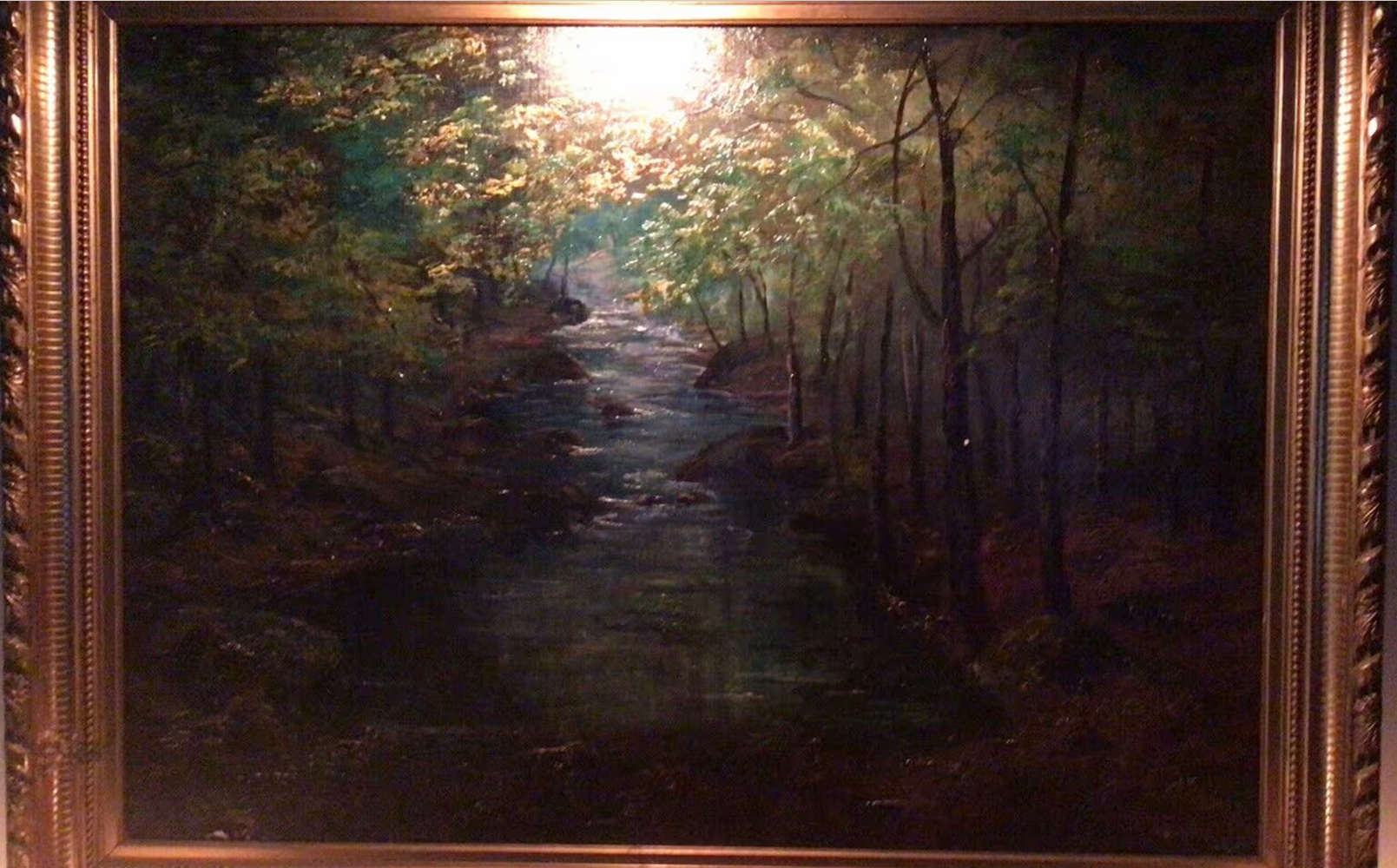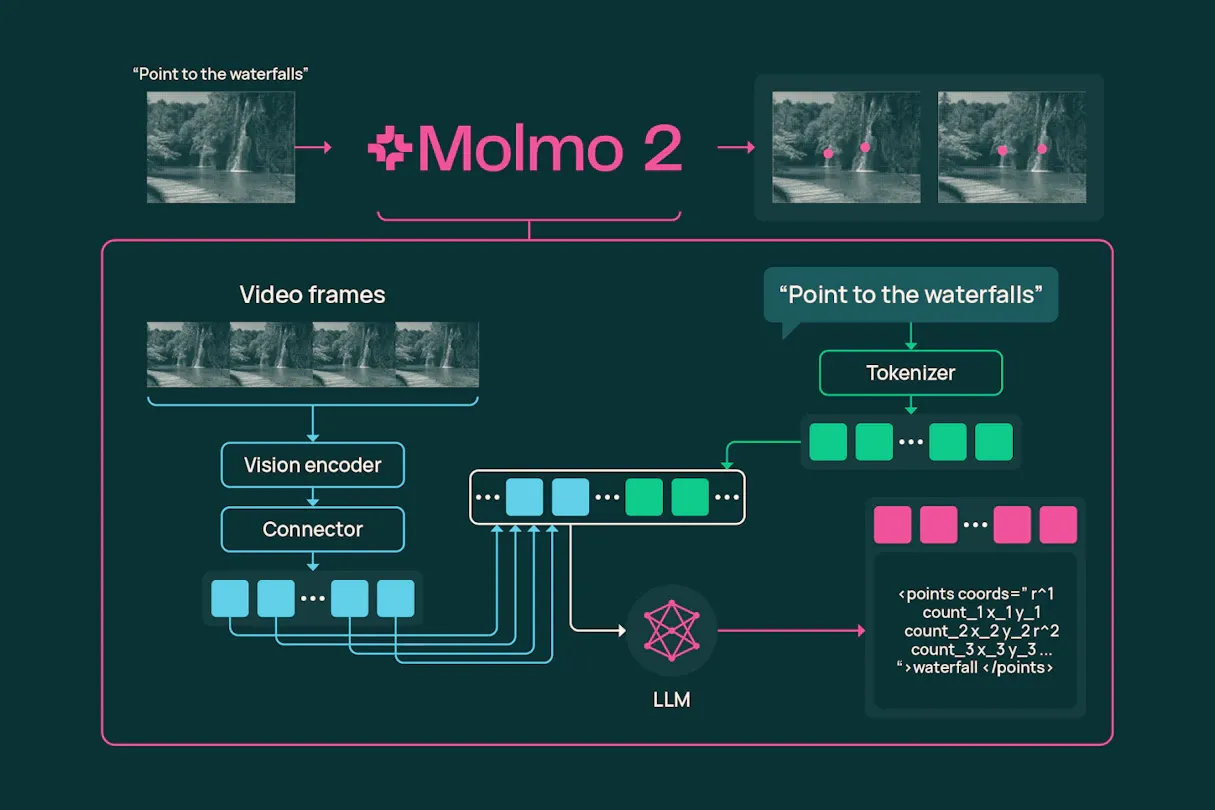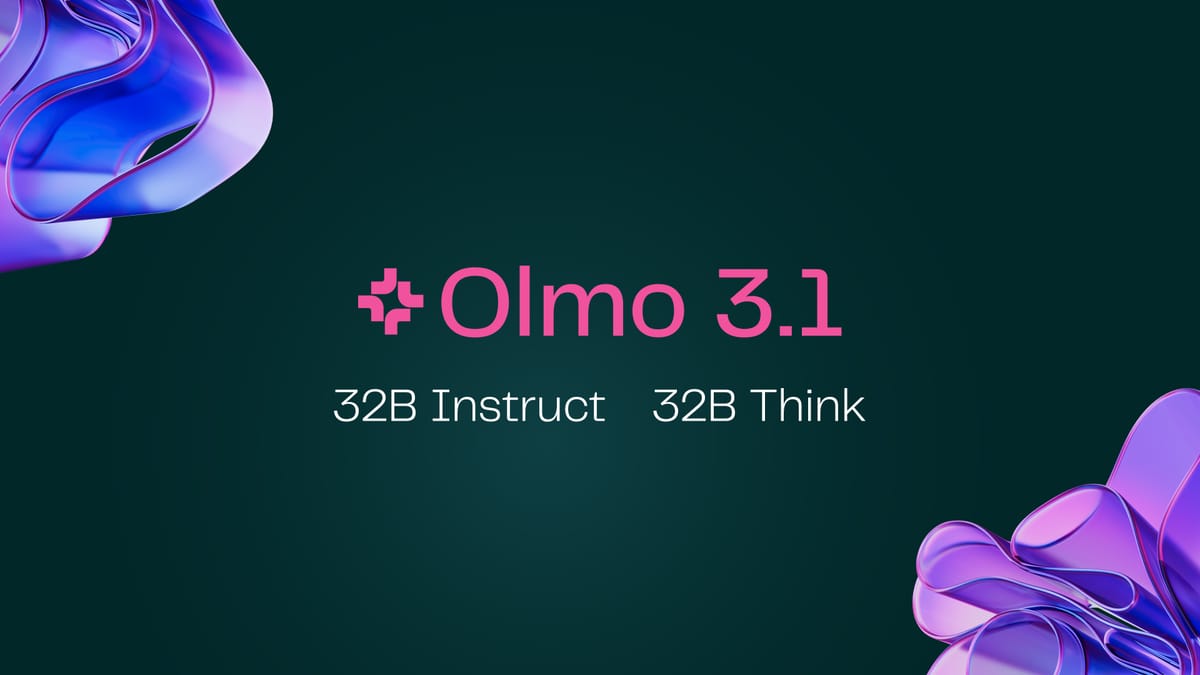Dr. Carina Popovici is an art authentication specialist and the head of Art Recognition. This Swiss company has developed a groundbreaking AI-powered art authentication solution that has recently identified up to 40 fake paintings for sale on eBay, including an alleged "Monet" and a "Renoir". Dr. Popovici analyzed the pictures using the Art Recognition AI technology, only to find that most of the listings were classified with a high probability of not being authentic. The painting attributed to Monet is titled Forest With a Stream and is priced at $599,000, while the alleged "Renoir" is described as a study of Claude Renoir and listed with a $165,000 price tag.
According to The Guardian, the listing for the painting attributed to Renoir has since been removed and the seller has contacted the newspaper to clarify that they do not sell fake art. The seller behind the "Monet" listing did not reply when pressed for comment, but the listing has also been taken down. Dr. Popovici states that she has been trying to communicate her concerns to the platform since December 2023 and has approached eBay's UK, US, and Germany offices. The company insisted to the Guardian that selling counterfeit items on the platform is strictly forbidden and that eBay strives to ensure that every item sold there is authentic by using an approach that combines AI, professionally trained investigators, and buyer protection programs. eBay also pointed out that it has already removed one of the items Dr. Popovici and her team flagged.
Art Recognition uses two types of neural networks a Convolutional Neural Network (CNN) and a Vision Transformer with Shifted Windows (SWIN) trained to classify artworks as authentic or not authentic. Art Recognition's novel approach is trained to resist adversarial attacks and its training incorporates data from authentic works of art and AI-generated imitations to increase the system's robustness. Art Recognition has analyzed over 500 pieces and contributed to resolving some high-profile controversies, including challenging the incorrect attribution of the London National Gallery's Samson and Delilah to Rubens and confirming the authenticity of Vincent van Gogh's Self-Portrait.
Art Recognition's technology has become a game-changer in the artwork authentication process by making it faster and more accessible. Traditional methods often require that objects be delivered to art experts. These experts study the attributed pieces and make a reasoned case for their final decision on whether the work can be attributed to the artist. Rather than substituting human examinators, AI provides a different point of view which is free of emotion and commercial interests, and instead based on well-defined objective properties such as brushstroke patterns, colorwork, and composition.





Comments